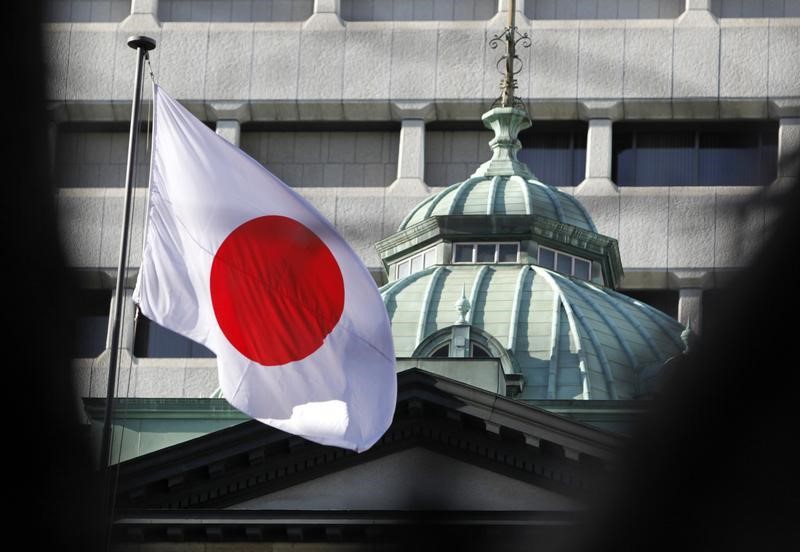Investing.com - The Bank of Japan board Friday voted to introduce a negative interest rate policy in a 5 to 4 vote while keeping its monetary base target at ¥80 trillion annually in an 8 to 1 vote.
The move was aimed at ensuring that consumers move away from a "deflation mindset" and included a statement that lower interest rates on excess reserves would be considered if needed.
The BoJ cited unstable global financial markets and depressed crude oil prices to delay the estimated timing of achieving 2% sustained inflation by six months, the third delay in the past 10 months.
Board member Sayuri Shirai told the two-day board meeting that ended Friday that "introducing a negative interest rate immediately after the introduction of supplementary measures for QQE (last month) might be misunderstood as reaching a limit to the bank's asset purchases."
Soon after BoJ Governor Haruhiko Kuroda took office, the bank in April 2013 changed its policy framework from targeting zero interest rates to targeting the total sum of money in circulation and deposited at the central bank.
Last month Kuroda said the central bank had no plans to adopt a negative deposit rate policy as a means of enticing lenders to make more loans and push down the yield curve.
"From the BoJ point of view, our QQE is having its intended effects on the economy and financial markets," he said during the question and answer session at a seminar on investment.
Banks in Japan have been increasing loans to the real economy and the yield curve, which indicates borrowing costs, has been declining generally, he said.
Despite growing near-term downside risk, the BoJ maintained its view that longer-term inflation expectations appear to be rising on the whole.
